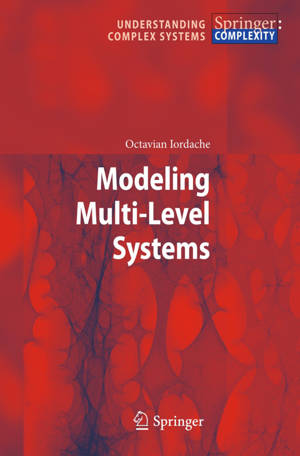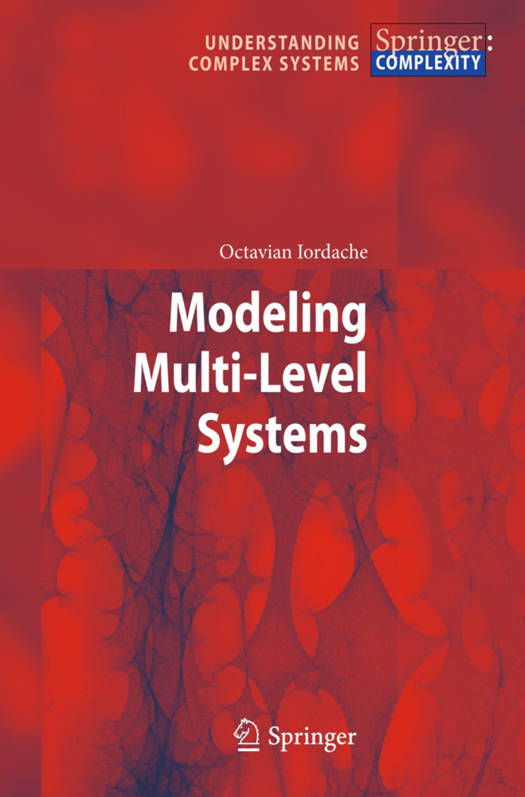
- Afhalen na 1 uur in een winkel met voorraad
- Gratis thuislevering in België vanaf € 30
- Ruim aanbod met 7 miljoen producten
- Afhalen na 1 uur in een winkel met voorraad
- Gratis thuislevering in België vanaf € 30
- Ruim aanbod met 7 miljoen producten
Omschrijving
This book is devoted to modeling of multi-level complex systems, a challenging domain for engineers, researchers and entrepreneurs, confronted with the transition from learning and adaptability to evolvability and autonomy for technologies, devices and problem solving methods. Chapter 1 introduces the multi-scale and multi-level systems and highlights their presence in different domains of science and technology. Methodologies as, random systems, non-Archimedean analysis, category theory and specific techniques as model categorification and integrative closure, are presented in chapter 2. Chapters 3 and 4 describe polystochastic models, PSM, and their developments. Categorical formulation of integrative closure offers the general PSM framework which serves as a flexible guideline for a large variety of multi-level modeling problems.
Focusing on chemical engineering, pharmaceutical and environmental case studies, the chapters 5 to 8 analyze mixing, turbulent dispersion and entropy production for multi-scale systems. Taking inspiration from systems sciences, chapters 9 to 11 highlight multi-level modeling potentialities in formal concept analysis, existential graphs and evolvable designs of experiments. Case studies refer to separation flow-sheets, pharmaceutical pipeline, drug design and development, reliability management systems, security and failure analysis. Perspectives and integrative points of view are discussed in chapter 12. Autonomous and viable systems, multi-agents, organic and autonomic computing, multi-level informational systems, are revealed as promising domains for future applications.
Written for: engineers, researchers, entrepreneurs and students in chemical, pharmaceutical, environmental and systems sciences engineering, and for applied mathematicians.
Specificaties
Betrokkenen
- Auteur(s):
- Uitgeverij:
Inhoud
- Aantal bladzijden:
- 232
- Taal:
- Engels
- Reeks:
Eigenschappen
- Productcode (EAN):
- 9783642423680
- Verschijningsdatum:
- 11/10/2014
- Uitvoering:
- Paperback
- Formaat:
- Trade paperback (VS)
- Afmetingen:
- 156 mm x 234 mm
- Gewicht:
- 358 g

Alleen bij Standaard Boekhandel
Beoordelingen
We publiceren alleen reviews die voldoen aan de voorwaarden voor reviews. Bekijk onze voorwaarden voor reviews.











